Week 2 Optional Bible Prep
OVERVIEW: The Message of the Cross to our Culture
1 Cor. 1:10–2:5
Summary:
However we came into Christian faith, we came into it from another culture––the culture into which we were born. ‘Culture’ is the view of the world that we take to be ‘normal’ or ‘natural.’ The ideas and stories we were raised on, the shared experiences and practices unique to our time and society. The things that we call ‘culture’ shapes the way we live our lives whether or not we think about it or even notice it.
Even in a society that has a historic relationship to Christianity, like America, that culture has shaped how we think and respond to everyday life. If you grew up in America, “American Individualism” is second-nature to you; If you grew up in church, then it’s “American Christianity” that has shaped your view of life and certainly of what Christianity is or is supposed to be. The message of the cross is a different culture, it will force you to think differently about the world and the views you have considered ‘normal’ and ‘natural’ throughout most of your life. In Corinth, what was ‘normal’ and ‘natural’ was the hustle-and-bustle of the Greco-Roman world; a culture of power, eloquence, philosophy, beauty, slavery, indulgence, social hierarchy, and brutal displays of force.
After Paul planted the church in Corinth, he noticed very early that the Corinthians were not translating their lives from out of Corinthian culture into the message of the cross. Corinthians struggled with the message of the cross because it confronted things Corinthians held dear, things they felt were deeply important to who they were as people, and the cross’ message conflicted with things that Greco-Roman culture insisted were ‘natural’ and ‘normal.’
The same is true in contemporary America, especially “American Individualism” and “American Christianity.” The message of the cross confronts that culture too, and it conflicts with many of the things Americans feel are deeply important about who they are as a people and the things they hold dear.
Key Passages:
The Message of the Cross:
v. 18 Power of God in using the foolish
v. 19 Isaiah 29: Israel is threatened, scared they will lose their identity.
vv. 20–25 God makes foolish the wisdom of the world
The Primary Actor:
v. 20 “God has made the world’s wisdom foolish”
v. 21 “God was pleased to save”
v. 24 “It is God who calls”
v. 27 “God chooses the weak things”
v. 28 “God chooses the lowly things”
v. 30 “It is because of God that you are in Christ Jesus”
Relying upon the Message of the Cross:
2:2 “I determined to know nothing among you except Jesus Christ and Him crucified”
v. 3 “I was with you in weakness and fear and in great trembling”
v. 4 “My message was not persuasive words of wisdom, but demonstration of Spirit and
power”
Key Idea:
Paul’s claim is that Christianity is not a lofty idea or a theory about religion––it is a real relationship with Jesus Christ embodied in the continual practice of re-examining and re-orienting your life to the message of the cross. Because it is real, it will confront us and conflict with our ‘home’ culture. Naturally, some of what we do will be failure, as was the case in Corinth, and can and should be acknowledged as such when we do not live holy and well in Christ. Because we often exhibit the characteristics of our own culture more than we exhibit the culture of Christ, we need the cross to get it straight––“weakness, fear, and great trembling,” i.e., the kind of vulnerability that shows Christianity is real, not imagined.
